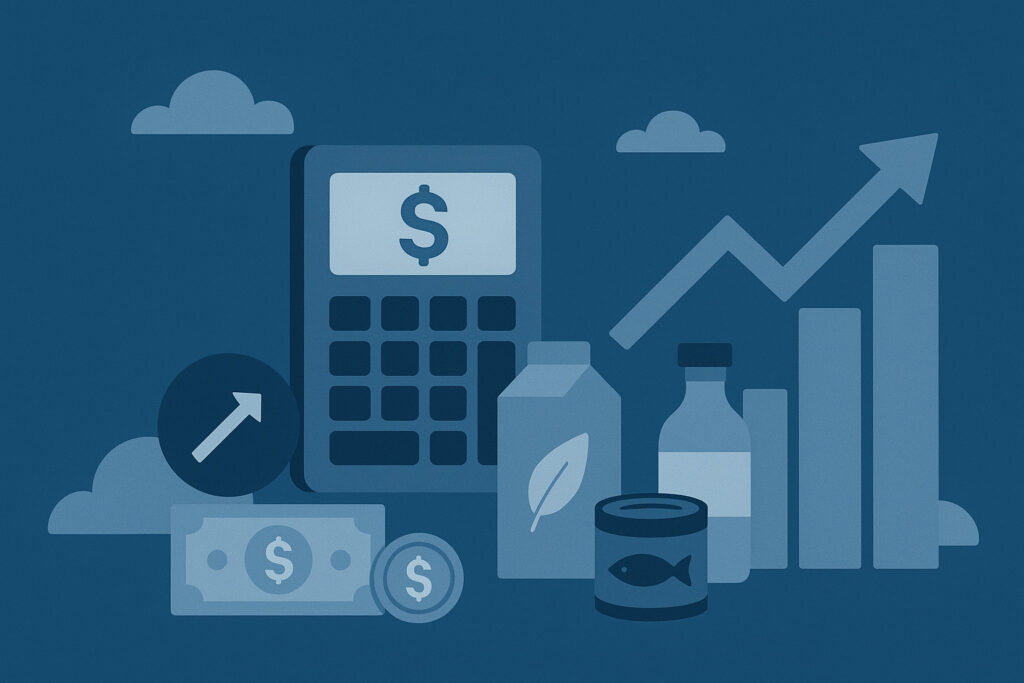BLOG
How Business Owners Can Write Off the Plastiq Fee for U.S. Tax Savings
3 min. read




May 28, 2019
By Janet Berry-Johnson, CPA
This information is for educational purposes only. Please consult with your tax adviser to confirm that your expenses are qualified for this tax deduction.
Being a CPA, I often consult with U.S. business owners on how to deduct or write off business expenses on their income tax returns. One question I often hear is ‚’can I deduct my credit card and bank fees?’. This is a frequent question because businesses use bank accounts, credit cards, and a variety of financing options to pay for expenses they incur every day in order to run their companies.
Fortunately, according to the IRS, it is possible for US business owners to deduct credit card processing fees, bank account fees, and interest fees as long as the fee is associated with ordinary and necessary business-related expenses.
Therefore, many of the business customers deduct the Plastiq service fee because it is an ordinary and necessary business expense.
What are ordinary and necessary expenses?
An ordinary expense is one that is common and accepted in your trade or business. Ordinary expenses are things other business owners in your industry typically purchase.
“An ordinary expense is one which is customary or usual. This does not mean customary or usual within the taxpayer’s experience, but rather, customary or usual within the experience of a particular business or industry,” said Samuel Hicks, a Certified Public Accountant with Stern, Kory, Sreden & Morgan in Santa Clarita Valley, Calif.
“It is possible for an expense to be ordinary even though it is the first and only time the taxpayer experiences it.”
A necessary expense is one that is helpful and appropriate for your trade or business—in other words, the costs needed for your business to succeed. An expense does not have to be indispensable to be considered necessary.
“The taxpayer’s judgment as to what is a necessary expense in his or her business is generally accepted,” Hicks says.
Where should the Plastiq fee go on a tax return form?
“It depends on what type of business is being run, but most tax forms follow a similar structure,” said Ben Watson, a CPA and Virtual CFO of DollarSprout.
“They begin with lines for gross receipts and sales revenue as well as deductions for refunds and discounts, then lines for entering expenses that are common across many trades, such as advertising, commissions, insurance, office expenses, repairs, rent, etc. These lines summarize expenses to calculate the taxable net income or loss.”
You’re probably already deducting common ordinary and necessary business expenses such as rent, advertising, automobile expenses, meals, repairs, and maintenance to lower your taxable income.
Our support page contains an informational guide with examples of U.S. tax forms and where to find where you can deduct these types of expenses.
No matter how big or small your business is, if you use Plastiq to pay business expenses, you could write off the processing fee on your business tax return. If you’re unsure of whether a particular expense qualifies, speak with a tax professional to ensure you’re maximizing the deductions available to you as a small business owner.
Plastiq tip: As with checking accounts, you should use separate cards for your business and personal expenses to avoid commingling of funds. If you use a credit card for both business and personal purposes, you need to ensure you only deduct the Plastiq fee associated with ordinary and necessary business expenses.
Stay up to date!
Don't miss out on new features, announcements, and industry trends by subscribing to our newsletter.



